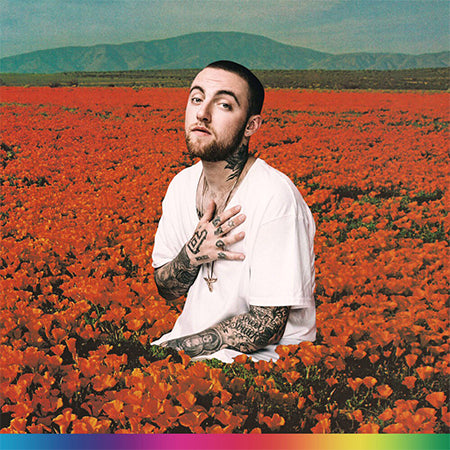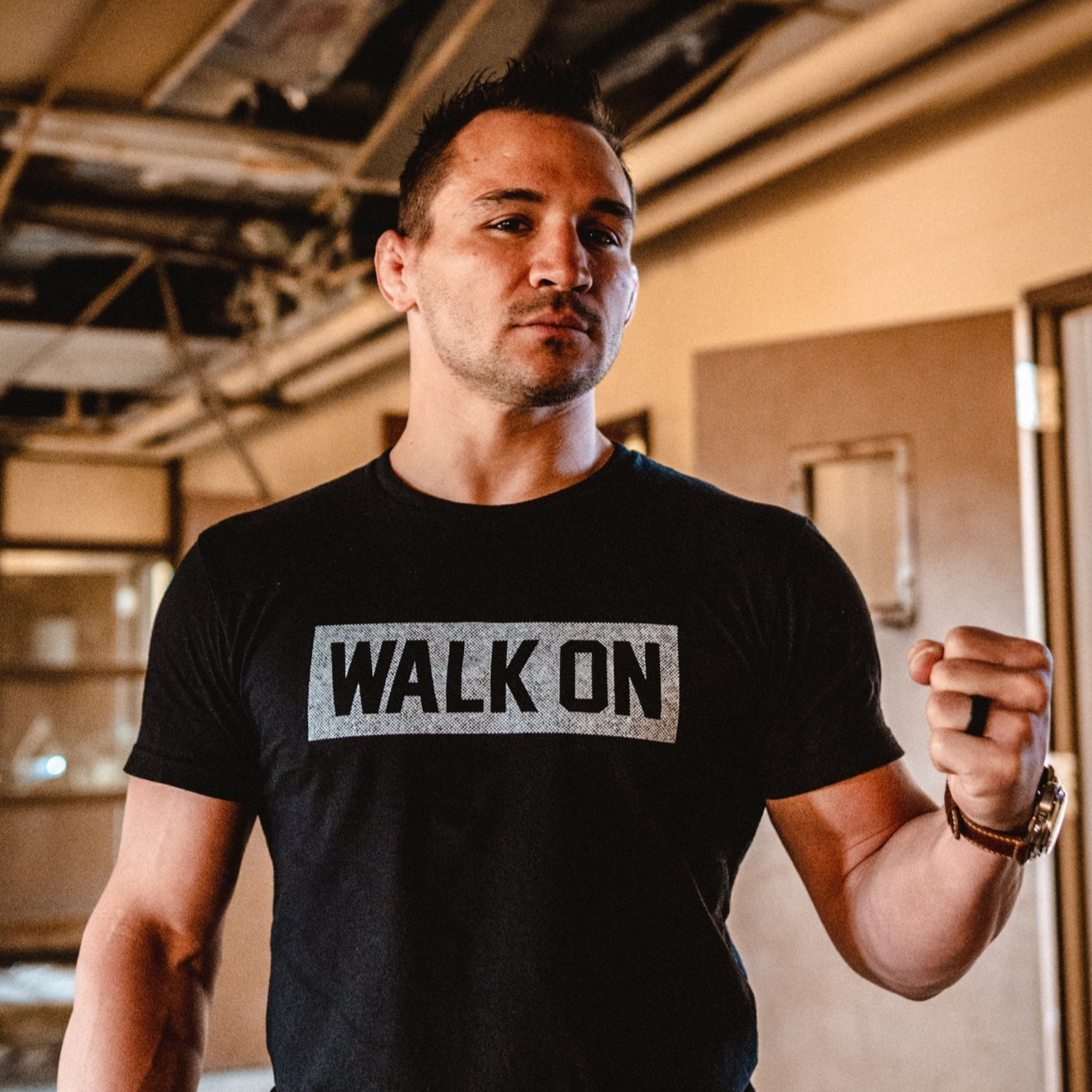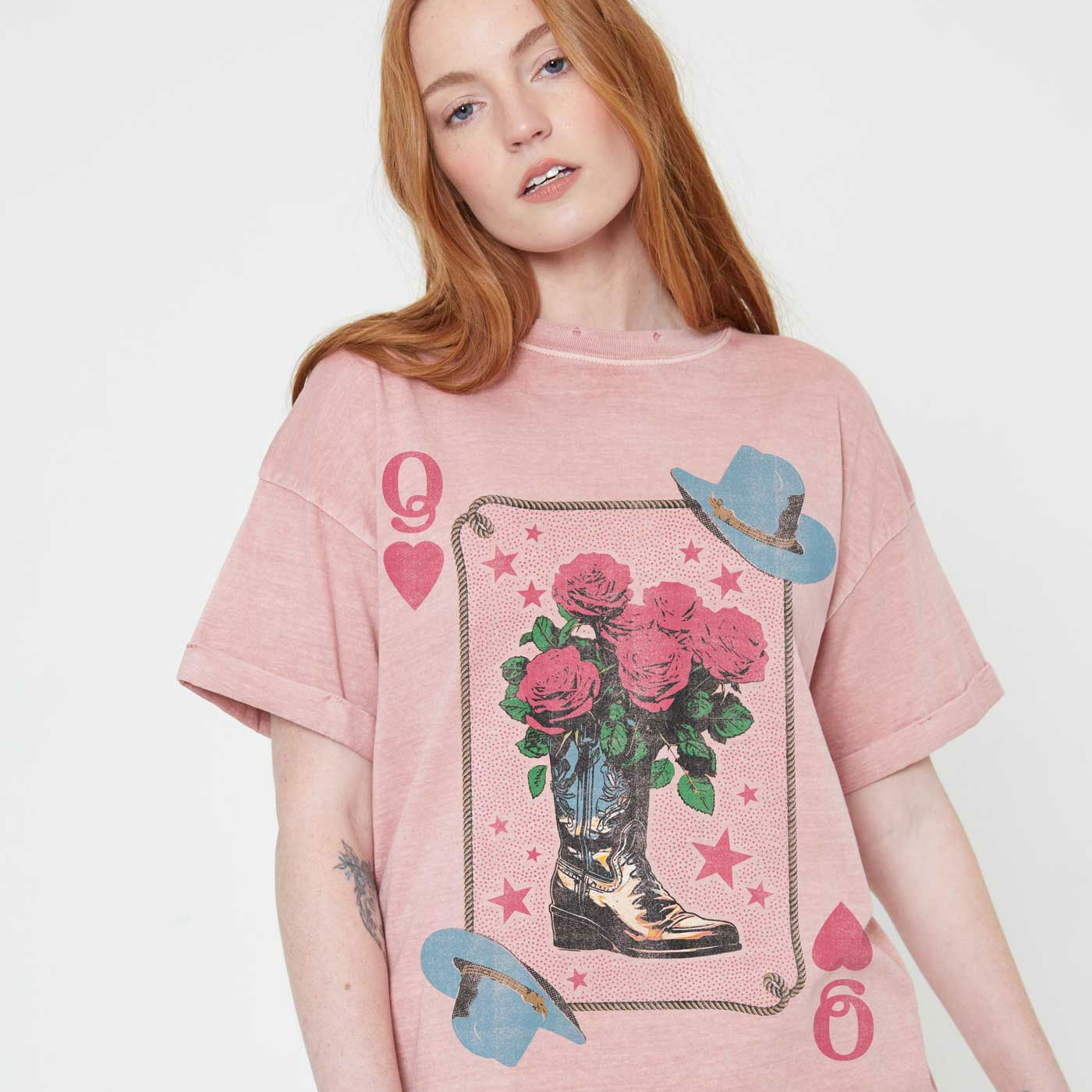
Mac Miller: When Your Favorite Rapper Dies

I've been planning on writing this blog post for weeks now - then life and excuses got in the way. Last night after my lady went to sleep, I went into a deep Mac Miller YouTube rabbit hole and woke up this morning feeling compelled to make good on my promise. As I've gotten older, I've sadly realized more of our favorite musicians are going to die. It started way back in the day with Michael Jackson and has continued at a crazy pace over the past couple of years. Some have impacted me more than others. At a minimum, I'll devote a day of listening to their music to pay homage to the gift they gave the world. In the case of Mac Miller, it's been a lot deeper than that.
As an avid 38-year old hip hop fan, Mac Miller isn't supposed to be my favorite rapper. I've been blessed to have my life coincide with with evolution of rap as a genre. While I wasn't around for Grandmaster Flash, I listened to NWA for the first time in my friend's basement when I was in third grade. My middle school consisted of Dr. Dre's "The Chronic" and a Tribe Called Quest's "The Low End Theory." Heading into high school, it was the rise of Wu Tang, Notorious Big, Tupac, Outkast, Mobb Deep and so many more great artists I could spend a month writing them all down. Over the years during and after college, I tapped into more indie acts like MF Doom, Sage Francis, Atmosphere and now it's Action Bronson, Kendrick Lamar and the list goes on and on.
For most of my friends, the golden era of hip hop ended years ago. Our get-togethers have become a stroll down memory lane listening to anthems from high school and doing the "old man on the porch" routine where we complain about how today's rap couldn't hold a candle to 90's hip hop. Luckily for me, my love for rap has only grown over the years with how much more accessible music is on streaming services like Spotify and Apple Music. While I'd never pick a Mike Will Made It beat over a Dr Premier sampled masterpiece, I keep an open mind and appreciate the evolution of the music.
It was on the Spotify New Releases page back in 2013 where I discovered Mac Miller and his album "Watching Movies with the Sound Off". I'd heard of Mac Miller but had always disregarded him as a backpack teeny bop rapper that was too past my era to care about. That day, I decided to click on the album and after seeing a super impressive list of features that included Earl Sweatshirt, Action Bronson, School Boy Q, Tyler the Creator and Diplo, I gave it a listen. Within seconds of hearing the album's first song, "The Star Room," I knew I had stumbled onto something special.
I became obsessed with the album and jumped at the opportunity to see him tour with Action Bronson at the Palladium in Hollywood. I started to dig deeper into his discography and while I still struggle to get on board with his early stuff (when he was literally like 15 years old) like "The Jukebox", "K.I.D.S." and "Best Day Ever", I did find the mixtapes "I Love Life, Thank You" and "Macadelic". Recently released on Spotify (Thank God), I'd put Macadelic up against any hip hop mixtape ever made. Amazing beats, elite raps and an All Star list of features including Kendrick Lamar, Lil Wayne, Joey Bada$$ and more.
Now fully on board the Mac Miller train, I quickly started pushing him on my friends - with mixed results. My high school crew could acknowledge his talent but stopped obsessing over music years ago. My younger friends I'd made through Kid Dangerous were lukewarm on him as well. It wasn't really "cool" to like Mac Miller. With so many other dynamic personalities in hip hop like ASAP Rocky, Kendrick Lamar, Odd Future and the entire mumble rap genre, most current hop hop fans wrote him off too. On his track "Here We Go" on the mixtape, "Faces", he summed it best:
"I don't hold a grudge against anybody who hated. I'm underrated, don't fit on nobody's playlist. If I ain't on your top 10 then you're a racist."
As an artist, Mac Miller was in a unique place. On one hand, the unprecedented success he had in his early teens had brought him fame, money and women. On the other hand, as he got older and his voice, messaging and talent evolved, he struggled to get taken seriously as an artist. That self awareness was very evident in his music and almost seemed to fuel Mac's unrelenting obsession with improving his craft. That commitment combined with his talent helped to create one of the most impressive discographies of any 26-year old ever.
While hip hop fans struggled to make a decision on Mac Miller, the artists themselves accepted him with open arms. Around the time of Watching Movies, he moved out to LA into a mansion in Studio City, built a studio in his pool house and from all accounts, created a hip hop base camp unlike anywhere else in Los Angeles. Some combination of the rappers from Top Dog Entertainment and Odd Future were basically living there at any given time and in his passing, it seems like every musician had a story about going to Mac's house and creating music until the sun came up only to pass out, wake up and do it all over again.
Around this time, he released the mixtape, "Faces". Unfortunately, it's not on Spotify but you can listen to it here and in typical Mac fashion, it's a masterpiece. While it sounds like there were warning signs before, this album is his darkest work ever and seemed to be created entirely under the influence of alcohol, cocaine and promethazine. It was like his addiction to music and spending hours and hours holed up in the studio fueled his addiction to drugs - or maybe it was the other way around. On this album, there are a lot of references to his drug use, concerns from his friends and family and the topic of death as whole. In the back of my mind, I wondered if this was going to be his last album and if the lyrics on these songs were his last cry for help.
The next chapter of his life seemed to change for the better. He signed to Warner Brothers, moved to New York, made a conscious effort to live a healthier life and dropped another great studio album, "GO:OD AM". This record seemed more polished and geared towards the mainstream but still had some deep and ominous themes, none darker than the extremely impactful song: "Perfect Circle / Good Speed." After the 4th minute, the track changes to a voice mail left by his concerned brother, followed by a haunting and beautiful account of his struggles:
"Everybody saying I need rehab, cause I'm speedin' with a blindfold on and won't be long til they watch my crash. And they don't want to see that. They don't want me to OD and have to talk to my mother telling her they could have done more help me and she'll be crying saying that she'll do anything to have me back."
One of the most ominous things about this verse is how prophetic it was. Several artist including Anderson Paak, French Montana and more have come out publicly saying they wish they had done more to help Mac with his drug addiction.
He goes on to say, "But white lines be numbing them dark times, them pills that I'm popping, I need to man up, admit it's a problem. I need to wake up - before one morning I don't wake up. You make your mistakes, your mistakes never make you. I'm too obsessed with going down as a great one and if you wait too long, they'll find someone to replace you."
So, even though things had gotten better with his move to New York, he was still battling with his inner demons. Like many other great artists, his struggle, his pain, his obsession and his joy helped fuel amazing music. He released "The Divine Feminine" - an album completely devoted to the concept of love which in a lot of ways, was his most ambitious project to date. By this point, he was producing, playing a variety of instruments, singing, the guy was literally doing it all.
Getting a new Mac Miller album is like opening presents on Christmas day. So, when "Swimming" came out, I had it on repeat for days. He'd done it again. A continued evolution of his music, that most artists could only dream of, and a perfect combination of all of his growing talents. Great production, ice cold raps and deep, introspective melodies. That joy didn't last long when only a couple weeks after the the album came out, he passed away of a drug overdose on September 7th, 2018. I think the thing that's resonated with me most since his passing has been the impact he had on the music community as a whole. I can't think of another death that was met with so much public sympathy by some of the best musicians on the planet. The best part of it was so little was focused on Mac Miller, the Artist, it was focused on Mac Miller, the Person. Here's a link to some of posts that came out shortly after his death. It was great to know that he was the person I thought he was: generous, loving, funny, hard working and tremendously talented. The fact that there was a tribute concert in LA on Halloween featuring some of the biggest artists in hip hop with the proceeds going to his foundation is a true testament to the impact he made.
I could go on and on here but I'm guessing if you've read this far, now would be a good time to wrap things up. So, in the same way I've been pushing Mac's music on my friends by sending links to playlists, taking over DJ in car rides or buying tickets to take people to his shows, I'd like to share his music and the impact he had with you guys one more time.
Best of Mac Miller Playlist - The fact that this is 42 songs, that I couldn't include any songs from his mixtapes and that he was only 26 years old, is nuts:
Faces - A YouTube video featuring the the great, albeit dark mixtape he released before GO:OD AM.
A Cold AF Freestyle from the Funkmaster Flex Show
And finally, a great segment put together by Complex's UP ALL NIGHT talking about his life, music and legacy:
RIP Mac.











2 comments
We’ll stated. I try to tell people who don’t ‘get it’ to read through the comments on mac videos and interviews. You’ll see so many people talking about how they feel they lost a best friend….how he saved their life…how they named their kids after him, etc. He was a truly remarkable and insanely talented, yet tortured, soul…but despite his pain he also had so much fun, joy and laughter that he shared with the world along with the incredible music and messages. Long live his memory. #92tilinfinity
Kaci McCall
Sounds like you have a great ear for talent. I never knew I’d have 1 favorite artist, that I would grow through life with watching/ listening to evolution… now that he’s gone, who in you opinion is similar with the depth and ability, without it being like all the other guys… Mac always “said something” in his music, never lied and shared his story.
Give me a couple different artists like him, if you have any…
Thanks
L
Leave a comment
This site is protected by hCaptcha and the hCaptcha Privacy Policy and Terms of Service apply.